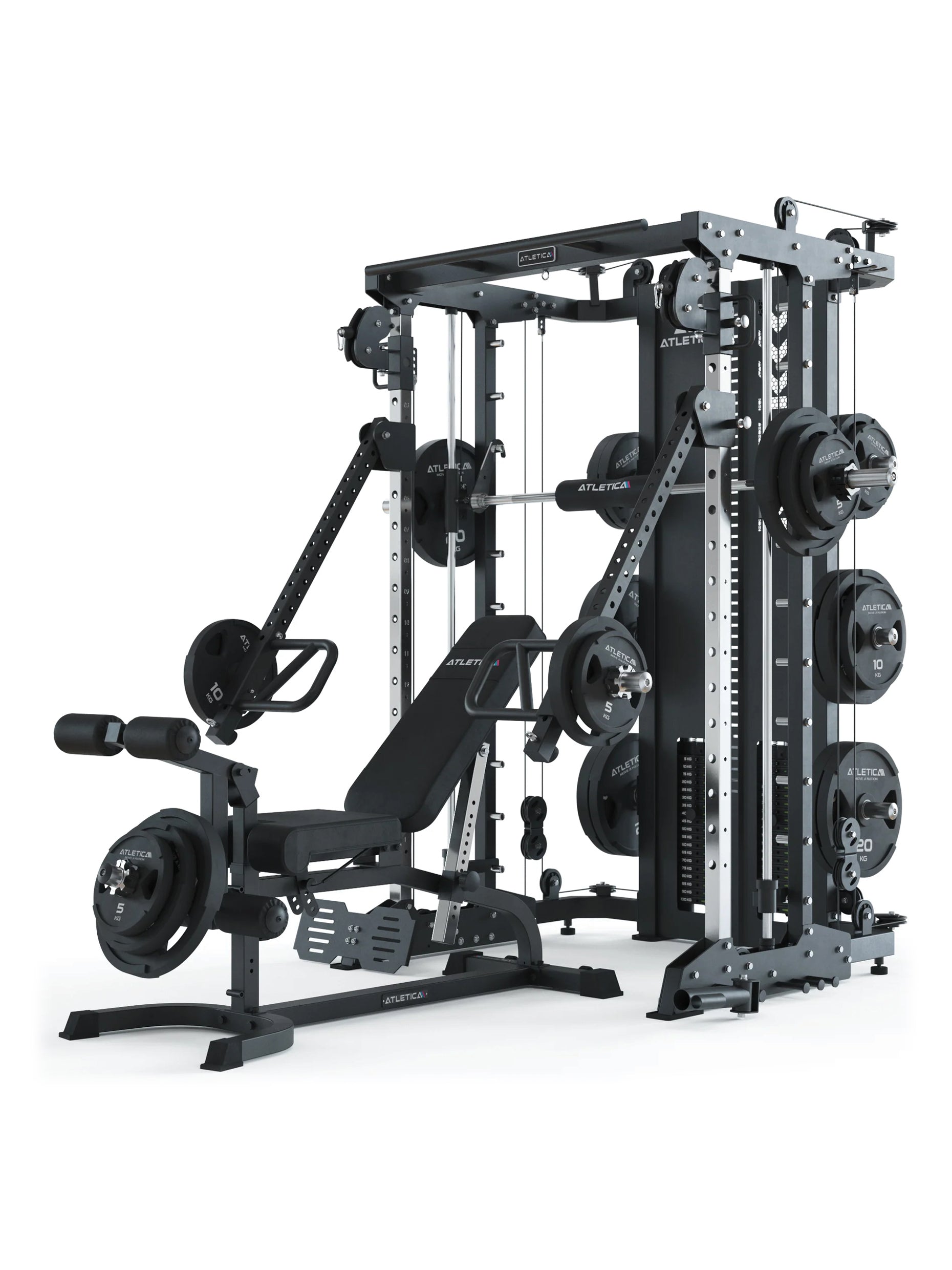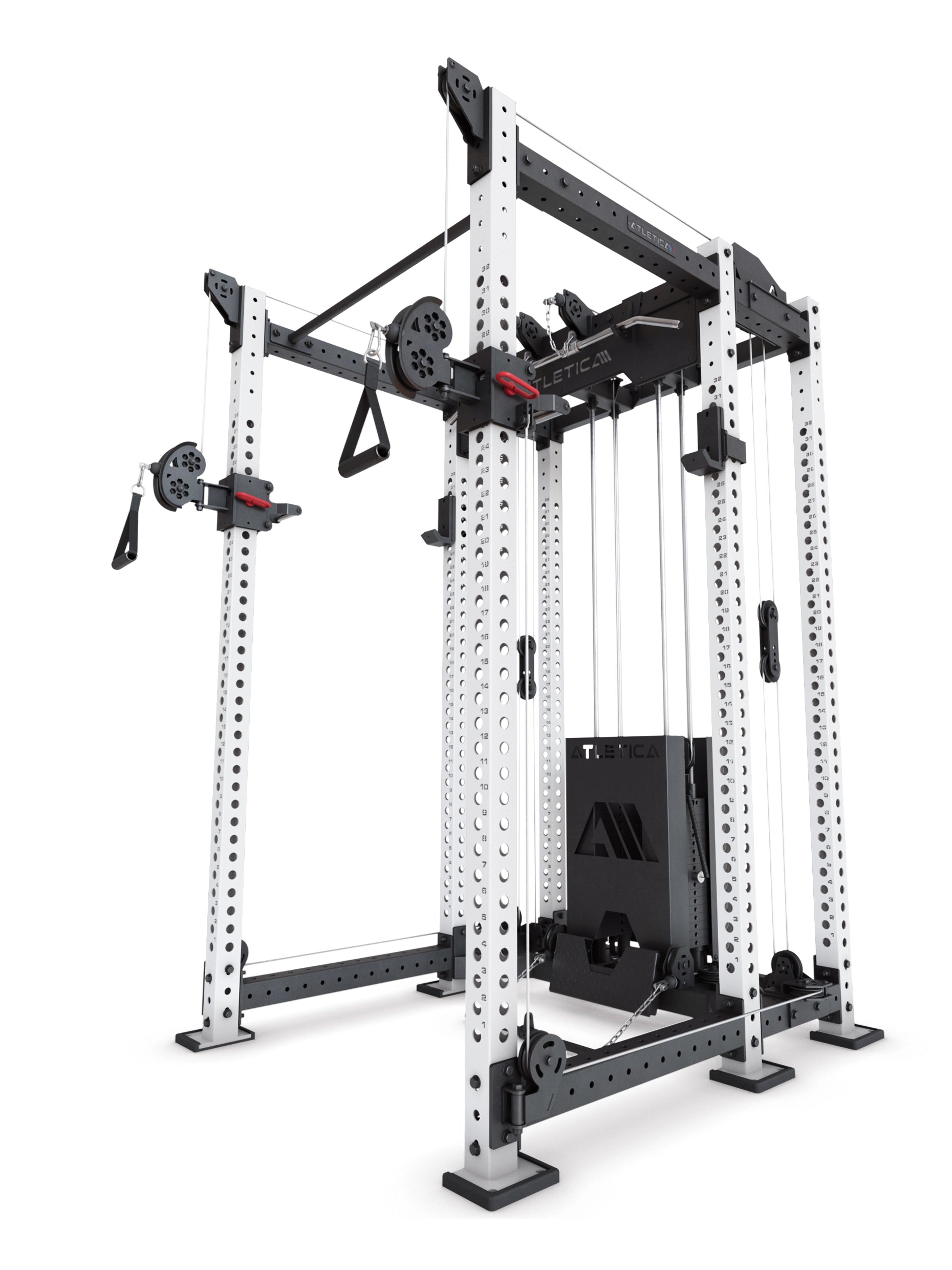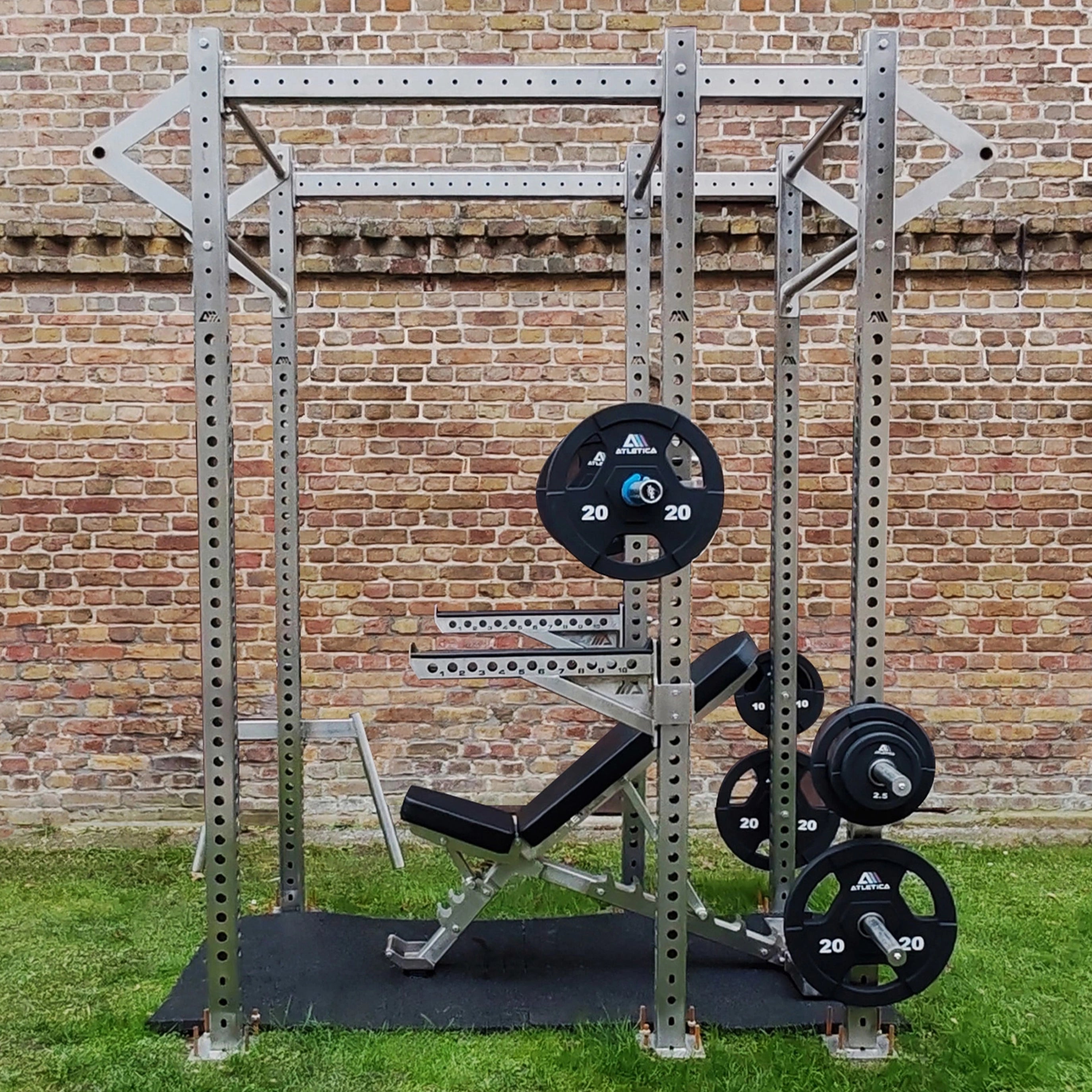A balanced diet is the cornerstone of a healthy and energetic life. But what exactly does it mean to eat a balanced diet and how can you ensure that your meals contain all the necessary nutrients? In this article, we take a look at the essential elements of a balanced diet and give you practical tips on how to optimize your diet to promote your health and well-being. Find out how you can lay the foundation for your physical and mental fitness by consciously selecting and combining foods.

Balanced diet – what exactly does that mean?
A balanced diet refers to the conscious selection and combination of foods to provide the body with all the necessary nutrients in the right amounts. It aims to provide all essential vitamins, minerals, proteins, fats and carbohydrates in an optimal ratio to promote health and well-being. A balanced diet not only supports physical growth and regeneration, but also mental performance and general energy levels.
The principle of balanced nutrition is based on the idea that no single food group can provide all the nutrients needed. Therefore, it is important to consume a variety of foods to obtain a full spectrum of nutrients. This helps reduce the risk of malnutrition or health problems and supports the body in carrying out its daily functions efficiently.
A balanced diet is flexible and can be individually adapted to meet personal preferences and health needs. It focuses on the right amount and quality of food intake, with the enjoyment of food in moderation and a conscious approach to nutrition playing a central role.

What does a balanced diet look like?
A balanced diet includes a variety of foods from different food groups to ensure that all necessary nutrients are consumed in the right amounts. Here are the key elements of a balanced diet:
1. Diverse food groups
- Fruits and vegetables : These provide important vitamins, minerals, fiber and antioxidants and should make up a large part of your daily diet.
- Whole grains : These include whole wheat bread, oatmeal, brown rice and quinoa. They provide complex carbohydrates, fibre and important B vitamins.
- Protein sources : These include lean meat, fish, eggs, legumes, nuts and seeds. Proteins are important for building and repairing tissues and for muscle health.
- Dairy products : Milk, yogurt and cheese provide calcium and vitamin D, which are important for bone health. Alternatives such as plant-based dairy products can also be a good option.
- Fats : Healthy fats from sources such as avocados, nuts, seeds and olive oil are important for heart health and the absorption of fat-soluble vitamins.
2. Correct proportions
- Balance macronutrients : Make sure your meals contain a balance of carbohydrates, proteins and fats. None of these nutrient groups should be consumed in excessive amounts.
- Portion control : Be mindful of how much you eat and avoid excessive portions. This will help maintain balance and avoid the risk of obesity.
3. Regular meals
- Meal frequency : Eat regularly to keep blood sugar levels stable and meet energy needs throughout the day. This may include three main meals and occasional healthy snacks.
4. Hydration
- Water : Adequate fluid intake is essential for many bodily functions. Drink enough water throughout the day to stay hydrated.

5. Moderation and enjoyment
- Moderation in sugar and salt : Reduce your intake of sugar and salt to prevent health problems. Favor natural, unprocessed foods.
- Enjoy your diet : A balanced diet should not only be healthy but also enjoyable. Experiment with different foods and preparation methods to ensure a varied and tasty diet.
A balanced diet not only promotes physical health, but also general well-being. It helps reduce the risk of chronic diseases and supports energy and performance in everyday life.
What should you pay attention to when eating a balanced diet?
There are a few important things to consider when eating a balanced diet to ensure you are providing your body with the best nutrition and staying healthy. Here are the key aspects:
1. Diversity of food
- Cover food groups : Make sure to include different food groups in your diet, such as fruits, vegetables, whole grains, protein sources, and healthy fats. Each group provides different nutrients that are important for health.
- Seasonal and regional products : Prefer seasonal and regional foods as they are often fresher and more nutritious.
2. Balanced ratio of macronutrients
- Carbohydrates : Choose complex carbohydrates such as whole grains, which are slow-digesting and provide long-lasting energy.
- Proteins : Include a variety of protein sources to ensure you get all the essential amino acids.
- Fats : Choose healthy fats from sources such as avocados, nuts and vegetable oils and reduce saturated and trans fats.
3. Portion control
- Adjust amounts : Watch portion sizes to avoid overeating or undereating. Use smaller plates to make portion control easier.
- Pay attention to hunger and satiety : Listen to your body and eat when you are hungry, but stop when you are full.
4. Regular meals
- Eat regularly : Stick to regular meals and avoid long breaks between meals to keep blood sugar levels stable.
- Make snacks healthy : Choose healthy snacks such as fruit, nuts or yogurt to meet your energy needs between meals.
5. Hydration
- Stay hydrated : Make sure you drink enough water to stay hydrated. The general recommendation is around 1.5 to 2 liters of water per day, depending on your activity level and climate.
- Avoid sugary drinks : Reduce your consumption of sugary drinks such as soda and fruit juices, which contain extra calories and sugar.
6. Avoid excesses
- Sugar and salt : Limit your intake of sugar and salt as excessive consumption is linked to various health problems such as high blood pressure and diabetes.
- Processed foods : Minimize your consumption of highly processed foods, which often contain high amounts of unhealthy fats, sugar and salt.
7. Individual adaptation
- Consider personal needs : Tailor your diet to your personal health needs, activity level and preferences. If you have special dietary requirements or health conditions, it may be helpful to consult a dietitian or doctor.
8. Enjoyment and mindfulness
- Enjoy your food consciously : Take your time with your meals and consciously enjoy every bite. Mindful eating can help you to better perceive the feeling of satiety and avoid overeating.
- Creativity in cooking : Experiment with different recipes and preparation methods to make your diet varied and exciting.

A balanced diet is the key to good health and helps you stay fit and vital in the long term. It not only supports physical well-being, but also promotes mental performance and energy.
And if you want to learn more about sport and a healthy life, you can read all about it in our Atletica blog. Don't wait any longer and do something good for yourself today! Your health will thank you.






























































































